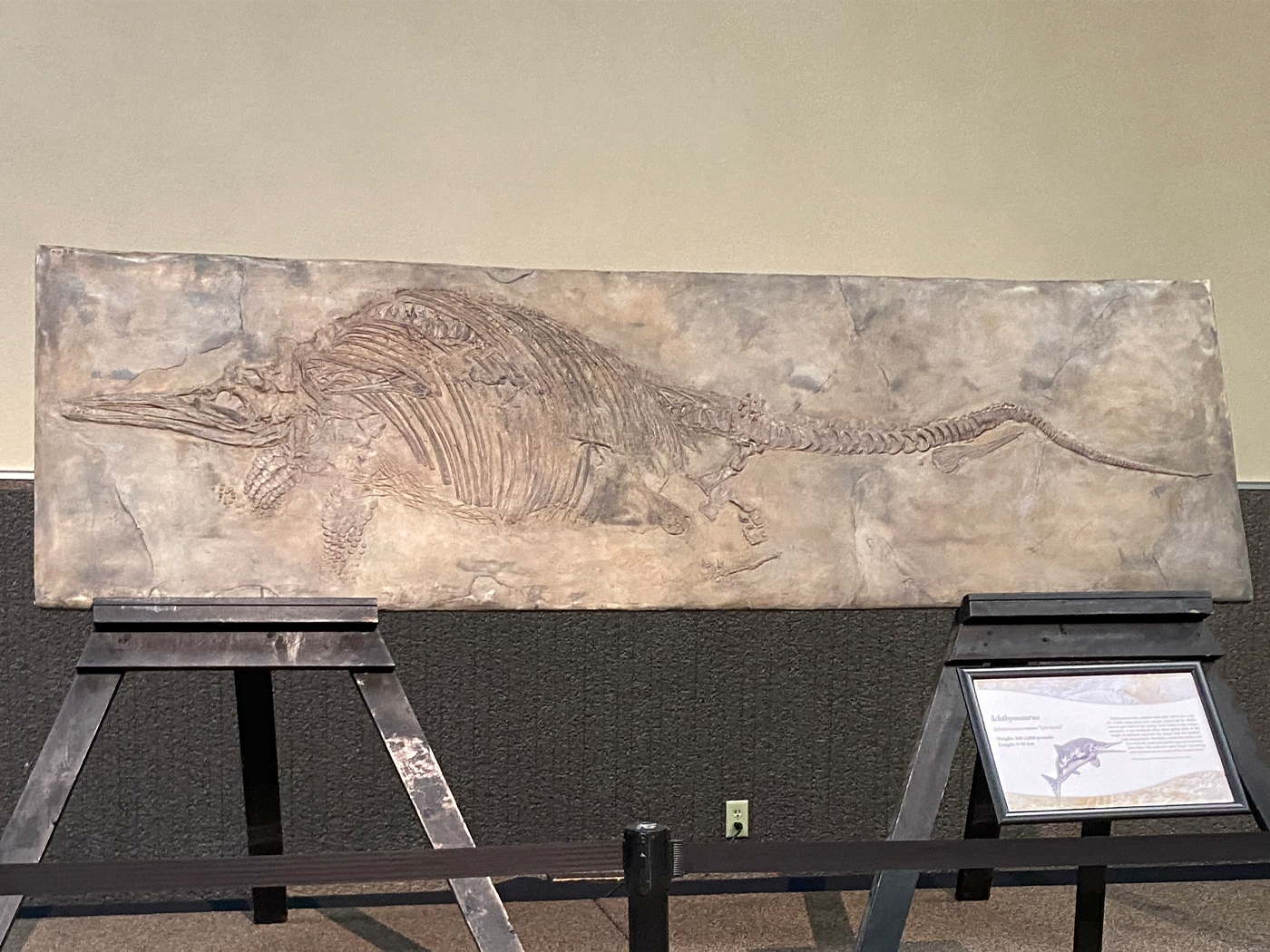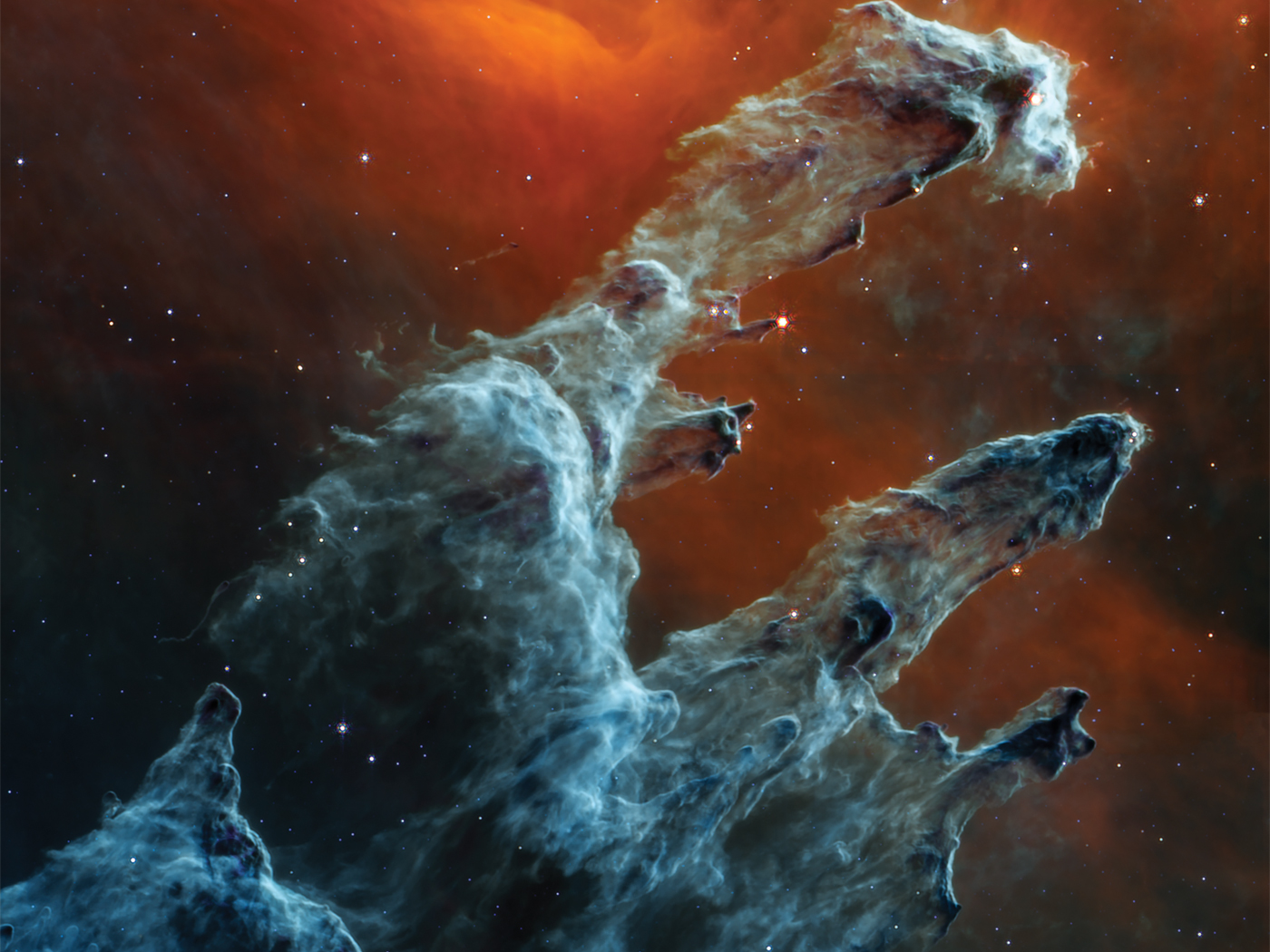All science is creation science. Science is possible precisely because God upholds the universe in a consistent way that the human mind can (at least partially) understand. If the universe were merely the result of chance, then there would be no reason to expect it to obey laws. Even granting the existence of laws, there would be no reason to think that such laws would be mathematical in nature or understandable by the human mind. Nor would there be any reason to expect any kind of consistency in those laws over space and time. (Why would the same laws that apply on earth today also apply on Mars next Thursday?)
The existence and properties of laws of nature are the expectation of the biblical creationist, but make no sense in an evolutionary worldview. Therefore, the fact that science is possible is a powerful confirmation of biblical creation. Even when evolutionists make a scientific discovery, they are inadvertently confirming creation because such a discovery would not be possible if God were not upholding the universe in a logical and understandable way. Every single scientific discovery that has ever been made is a confirmation of the Christian worldview. This is one of the reasons why we do science. It honors God.
Of course, not all scientists do research in a God-honoring way. Many of them simply take for granted that the universe obeys consistent, invariant laws of nature without recognizing that such organization comes from God. They know in their hearts that God exists and is the Creator of all, but they suppress what they know to be true and do not honor God for His faithfulness in upholding creation (Romans 1:18-21). Secular scientists are inconsistent. They expect the universe to behave in a logical, consistent way since they know in their heart-of-hearts that it is upheld by the power of God. Yet, they profess that the universe is not upheld by the power of God.
Creation research can help expose secular inconsistency. A number of specific lines of evidence in geology, biology, astronomy, physics, and chemistry are very difficult to explain from an evolutionary perspective. Things like C-14 in diamonds, backward-rotating planets, irreducible complexity in cells, inconsistent radiometric age estimates, and many other facts are very puzzling from an evolutionary point of view, but make perfect sense in light of biblical creation. Since a devout evolutionist can always invoke an auxiliary hypothesis to explain these data, we do not use these scientific evidences to prove creation in an absolute sense. But we can certainly use them to get people thinking and to show some serious difficulties with evolution.
However, to use such lines of evidence, we must be as certain as possible that we understand the data. This involves rigorous and repeated observation and experimentation. Sometimes people are inclined to repeat something they have heard someone else say, without really checking to be sure that the claim is truthful. But Christians are called to a higher standard. We want to be accurate in everything we do. And so we subject every new claim to rigorous analysis and testing and publish the results in peer-reviewed literature, so that other experts in the field can check for potential problems.
Why is it that ICR scientists spend so much time and effort scrutinizing every little detail of data for absolute accuracy? It is because we are followers of Christ. “Accurate” basically means “true.” And since Christians follow Christ, who is the truth, all Christians should be concerned for accuracy and should have the highest regard for creation research.
* Dr. Lisle is Director of Physical Sciences at the Institute for Creation Research and received his Ph.D. in Astrophysics from the University of Colorado.
Cite this article: Lisle, J. 2012. The Importance of Creation Research. Acts & Facts. 41 (8): 6.














